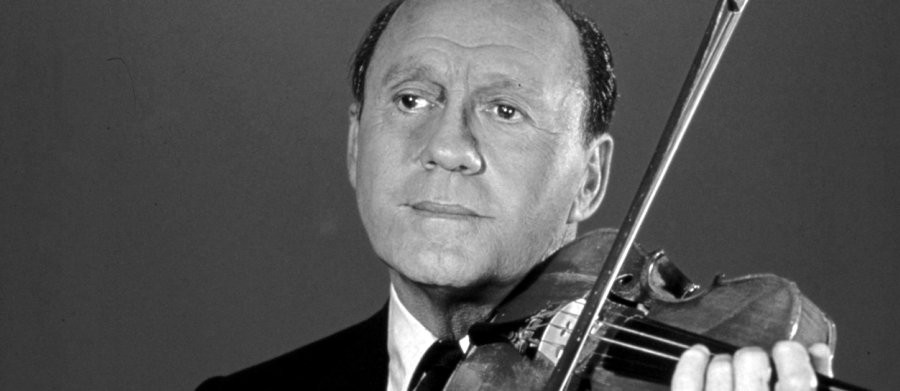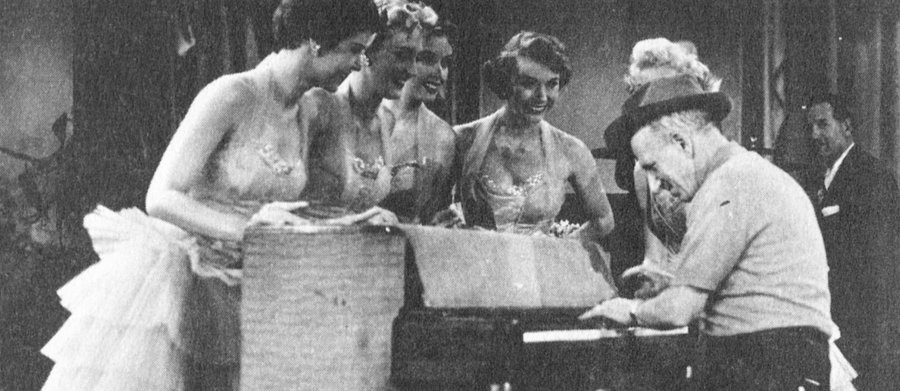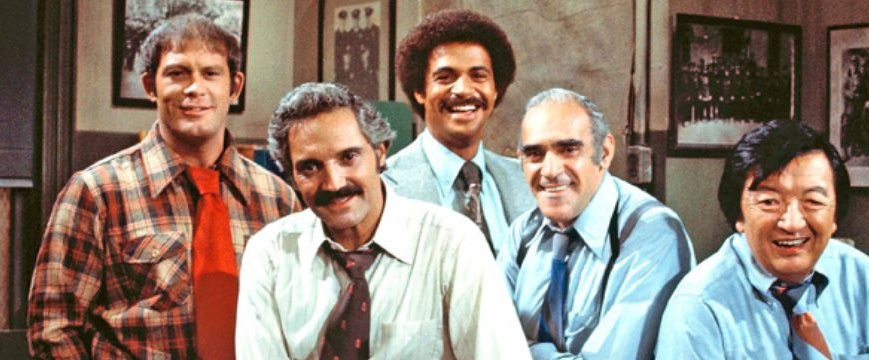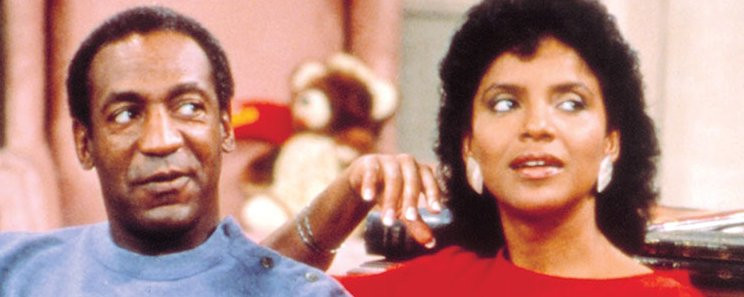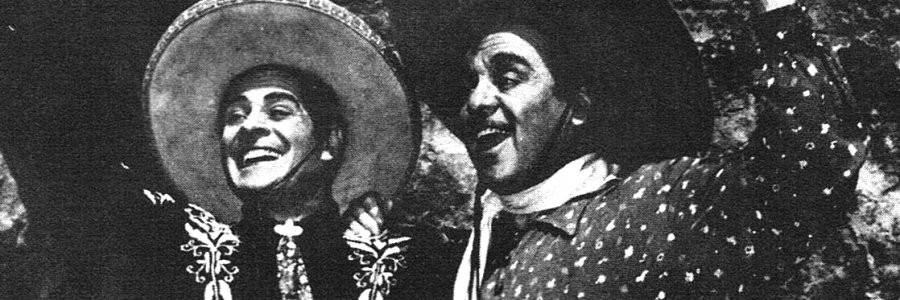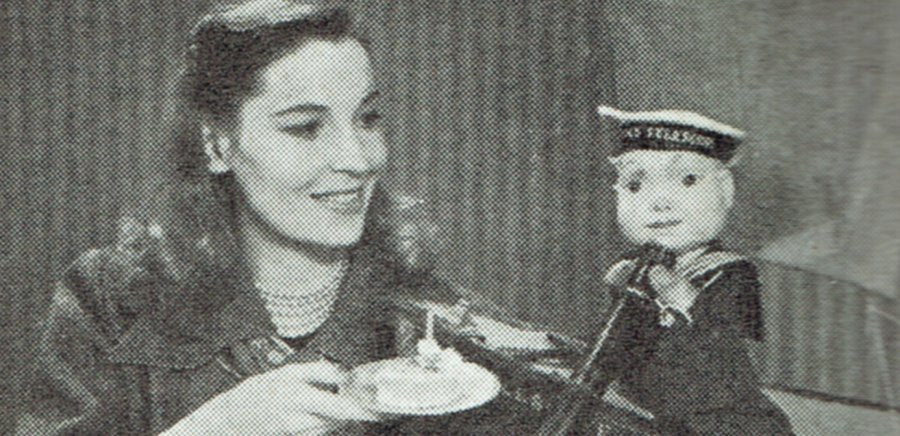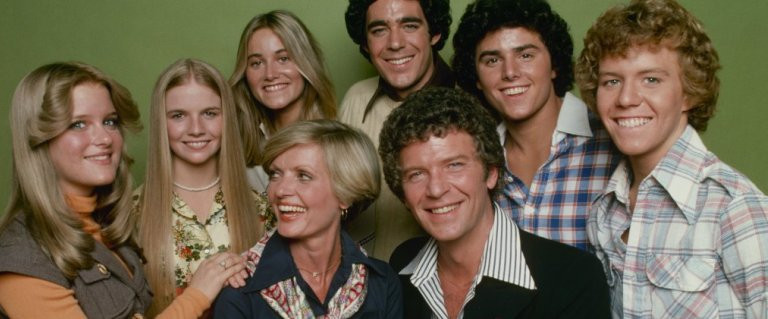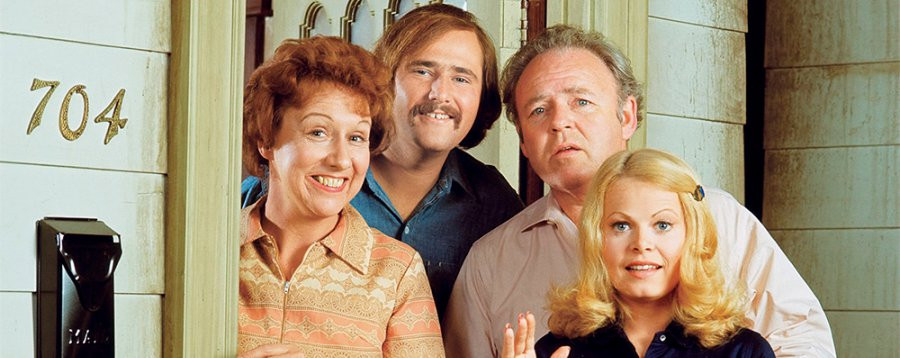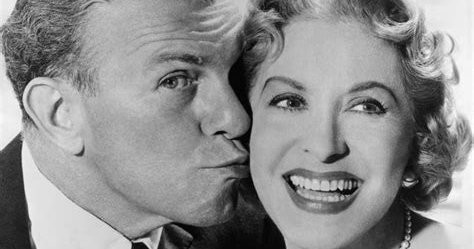
The George Burns and Gracie Allen Show
1950 - United StatesHaving already triumphed in vaudeville, film, and radio, the husband-and-wife team of Burns and Allen found yet another outlet for their unique brand of humour in the emerging medium of television. The George Burns and Gracie Allen Show, which first aired in the United States in 1950, translated their established routines into a fresh and innovative sitcom format that quickly endeared itself to audiences both at home, and eventually, across the Atlantic.
The premise of the programme was disarmingly simple. George and Gracie played fictionalised versions of themselves: a showbiz couple living in sunny Southern California. George took on the role of the ever-patient straight man, providing a calm and logical foil to Gracie’s endearingly eccentric view of the world. Her logic, if it could be called that, was delightfully skewed, baffling not only her husband but also neighbours, friends, and anyone else who had the good fortune (or misfortune) of engaging with her. As George wryly observed, Gracie “makes sense in an illogical sort of way.” But, as with most well-crafted sitcoms, the chaos was usually resolved by the end of each episode, often with a few gentle explanations and a knowing smile from George.
One of the show's most delightful innovations was its self-awareness. George Burns frequently broke the so-called “fourth wall,” stepping out of the narrative to address the audience directly. He would share witticisms, offer insights into Gracie’s latest misadventure, or even foreshadow the events to come. In later years, these moments were cleverly reimagined with George observing the plot unfold on a television set in his den, mirroring how viewers at home were engaging with the story.
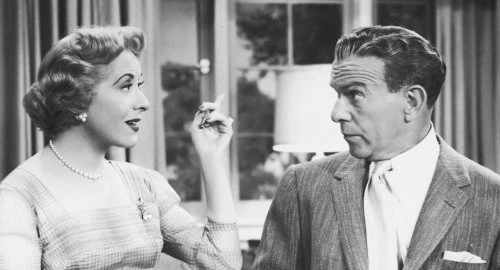
Another distinctive feature of the show was its seamless integration of commercial sponsorship. Carnation Evaporated Milk was not merely advertised during breaks; it was incorporated into the storyline itself. The announcer—first Bill Goodwin, later Harry Von Zell—would make in-character appearances, often introducing a new recipe or casually extolling the virtues of Carnation products, all while remaining firmly embedded in the sitcom’s universe. It was a clever marketing strategy that never felt intrusive, thanks to the light-hearted and tongue-in-cheek delivery.
Supporting the central duo was a cast of memorable characters, most notably Blanche Morton, the spirited neighbour played by the gifted Bea Benaderet. Benaderet, who would later voice Betty Rubble on The Flintstones and star in Petticoat Junction, brought vitality and wit to the role. Blanche’s perpetually exasperated husband, Harry, was portrayed by no fewer than four different actors over the show's lifespan; Hal March, John Brown, Fred Clark, and finally Larry Keating—all of whom brought their own flavour to the role of the long-suffering spouse.
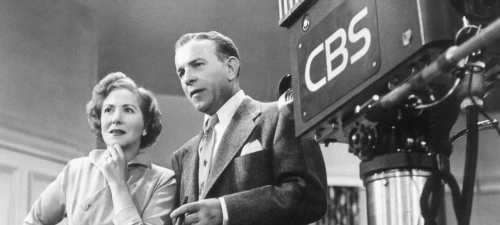
Initially broadcast live from New York every other week, the show moved to Hollywood in 1952 and adopted a weekly filmed format, which allowed for greater consistency and wider syndication. Although it never achieved the stratospheric popularity of contemporaries like I Love Lucy or The Honeymooners, Burns & Allen maintained a devoted following throughout its run. It was, notably, only the second American sitcom to be imported to British television—following Amos ’n’ Andy and narrowly beating I Love Lucy to British screens.
The programme officially concluded in 1958 when Gracie Allen retired from performing, though British audiences continued to enjoy the series until 1961, with a total of 132 episodes broadcast in the UK. Tragically, Gracie suffered a heart attack in 1961 and passed away three years later. George, born Nathan Birnbaum in January 1896, attempted to carry on with a solo sitcom featuring many of the original cast members, but the new venture lasted only a single season. However, he found later success not in front of the sitcom camera, but behind the scenes, as an investor in Mister Ed, the charmingly surreal American comedy about a talking horse.
The George Burns and Gracie Allen Show stands as a testament to the enduring appeal of well-crafted character comedy and the timeless charm of its two stars. It was a gentle, witty, and innovatively produced series that left a lasting impression on both American and British audiences. Even today, the duo’s comic timing and genuine affection for one another shine through, offering a nostalgic window into the golden age of television comedy.
Seen this show? How do you rate it?
Seen this show? How do you rate it?
Published on December 18th, 2018. Written by Laurence Marcus for Television Heaven.


